|
Skateboarding experienced a cinematic moment in 2018, as three movies that heavily featured the sport and the ‘wayward’ teens who engage in it were released within months of each other. The nonfiction one, Minding the Gap, was universally recognized as the best of the three, the other two being Mid90’s and Skate Kitchen. Bing Liu’s debut documentary, sprung from his compulsion to shoot skate videos of himself and his friends from his teenage years, starts as a carefree exploration of several young men as they tear around Rockford, IL, but as Liu identifies the unspoken similarities in his and fellow principals Keire’s and Zack’s lives, the film escapes the gravity of their degraded post-industrial town and turns into something profound.
0 Comments
Jennifer Fox goes deep into her past and her psyche for the autobiographical The Tale, a harrowing and disconcerting story of memory and abuse. This is as personal as it gets, as Fox holds nothing back in the depiction of what happened to her, and how she interpreted it at the time and for much of her life after. It nears the unrecommendable category of difficult movies, but it’s also an important examination and rebuttal of so many dismissive arguments regarding the experience of sexual abuse, delving into the psychological labyrinths and counter-intuitive actions a victim can construct and take to live with their experience. Fox’s background is in documentary filmmaking, and The Tale represents a merging of her journalistic know-how and a compelling grasp of intimate storytelling.
After five years, Steve McQueen returns to cinema, not with another bracing historical drama or psychological gauntlet, but by trying his hand at genre filmmaking, specifically the tried-and-true heist. Unsurprisingly, based on the bravura work on display in films like Hunger and 12 Years a Slave, McQueen brings the same headiness and depth to Widows. There’s presumably no genre that the English director can’t excel at, especially when he’s gained the clout to assemble a cast that includes rising stars like Carrie Coon and established icons like Robert Duvall, both of which hang out around the double digits on the call sheet. Led by Viola Davis and written by Gillian Flynn, Widows’ pedigree considerably elevates it before the first shots, and McQueen wrings every last drop of potential from the premise and the assembled talent.
Coinciding with the centennial of the end of WWI, the latest adaptation of the British play Journey’s End manages to remain potent and devastating, no matter how many casts and directors take a crack at it. So few films are set during this, the crucial event of the 20th century, that there may be some scarcity-induced grade elevation. It’s so important for audiences to consider a war that didn’t have simple good and evil dichotomies, but the material is so bleak and dreadful that it’s also understandable for studios to shy away from depictions of grinding trench warfare. Journey’s End might situate the viewer on the side of the eventual victors, but the film communicates the minimal comfort that status conveys.
Remakes of European horror films in English often reveal what the adapter thinks of their audience. Swedish vampire film Let the Right One In left much of its plot hidden in subtext while its violent eruptions were alluded to off-camera, but the American version, Let Me In, made relationships as clear as possible and upped the budget for action sequences. That I prefer the latter to the former might say something about my cinematic tastes, and this pattern has repeated itself with the remake of Suspiria. Dario Argento’s staple of Italian giallo horror makes little sense plot-wise, instead relying on a timeless score and stunning cinematography to create an unnerving mood and an unpredictability that fans would call a feature instead of a bug. Luca Guadagnino’s version puts the plot in the forefront while holding onto the mood and the grand setpieces, draining the film of mystery but compensating with jaw-dropping sequences of body horror, historical relevance, and incredible performances. Film isn’t only about story-telling, sure, but once again, the version of a classic horror tale that doesn’t obfuscate is my preferred flavor. I guess I prefer an explanatory, though naturalistic, conversation to baffling images of vampire genitals or mangy humanoids on assassination missions.
Panos Cosmatos’ Mandy functions as my first rock opera. It’s also a drug-fueled nightmare, an earnest romance, a Nicolas Cage freakout, and a wholly unique piece of art, arguably the first time that classification could be applied to a film that also features a chain saw duel. Destined for midnight showings at the planetarium, or the modern equivalent of it, Mandy is a must, a cinematic experience that, though imperfect, feels like the kind of film that will persist long past its release date. This homage to 80’s back-bin intensity works for trashy genres in the same way that Tarantino can update chop-socky and grungy noir. I remember scoffing at the ‘visionary’ honorific attached to Cosmatos in the trailer. I’m not scoffing anymore.
Yorgos Lanthimos makes films that only he could make, partly due to the strange rules that he impresses on the worlds that he creates. Whether those worlds are the restricted compound of Dogtooth or the dystopian anti-romance police state of The Lobster, their inherent absurdity doesn’t break the films because the characters within strenuously abide by the rules. Throughout history, few environments had as restricting, nonsensical, and arbitrary rules as a European royal court, making one a perfect fit for Lanthimos. In The Favourite, the Greek director, born in the birthplace of democracy, goes to the eighteenth century English monarchy for an outrageous chamber drama to end all chamber dramas. How can a future wannabe Best Costume Oscar winner dare to pretend that royals and their courtesans had dignity and gravitas when Lanthimos frames them as coddled by legions of servants as they steer the ship of state based on which minister or hanger-on is making the best jokes?
Ethan Hawke has been quietly tearing up screens as a master of the one-for-them, one-for-me method of career building. I say quietly because his ones-for-them are disposable trash too insubstantial to generate the kind of derision someone like Nicolas Cage gets while his ones-for-me are tiny craft projects that no one sees but critics and cinephiles. Within this framework, the star of Born to Be Blue and Regression, of The Magnificent Seven and First Reformed, is operating at the highest level of his career, playing parts in both the best and worst movies of any given year. Hawke’s 2018 was especially superlative between his titanic role in First Reformed and his directing of Blaze, a biopic of a little-known outlaw country singer. Hawke reinvents a much-derided subgenre with his handling of Foley’s life, one that lacks the major milestones that operate as millstones around adaptations of more famous musicians’ lives. That Blaze can communicate who its subject was while also resisting genre tropes, finding universality in the life of a gifted man, and be a stunningly beautiful piece of art is a rarity and one more piece of evidence in the continued, idiosyncratic brilliance of the film’s director.
The Mercury Seven got their epic in The Right Stuff and so did the crew of Apollo 13, and now Neil Armstrong gets his cinematic apotheosis in Damien Chazelle’s First Man, a Kubrickian masterwork from a director who’s said all he has to say about jazz. Finding fertile new ground in the space race, Chazelle instills his historic representations with the flintiness of his Whiplash characters, portraying Armstrong as a difficult man who, in his difficulty, may have been the only person capable of emerging from the trying 19606’s intact. Utilizing you-are-there filmmaking and the best of Ryan Gosling’s oft-internal performances, First Man signifies Chazelle’s emergence as a singular auteur in total control of his art.
The ‘useless men’ subgenre, best exemplified recently by Elle or Widows, gets more company with Andrew Bujalski’s Support the Girls, a film whose punny title is perfect for its setting. Set in a ‘breastaurant’ that’s even more grimy and pathetic than the average Hooters, Support the Girls works as a line that the patrons of the central establishment would chuckle at and as a mantra for its harried but dedicated manager, beset on all sides by the tyrannies of the aforementioned useless men she comes into contact with. Bujalski, best known as an early adopter of mumblecore indie cinema, instills far more life into his latest film than one would expect from a mumblecore devotee, and while that genre has its moments, the success of Support the Girls suggests that he might be better off making films about energetic women instead of introspective men.
|
Side PiecesRandom projects from the MMC Universe. Categories
All
Archives
April 2023
|
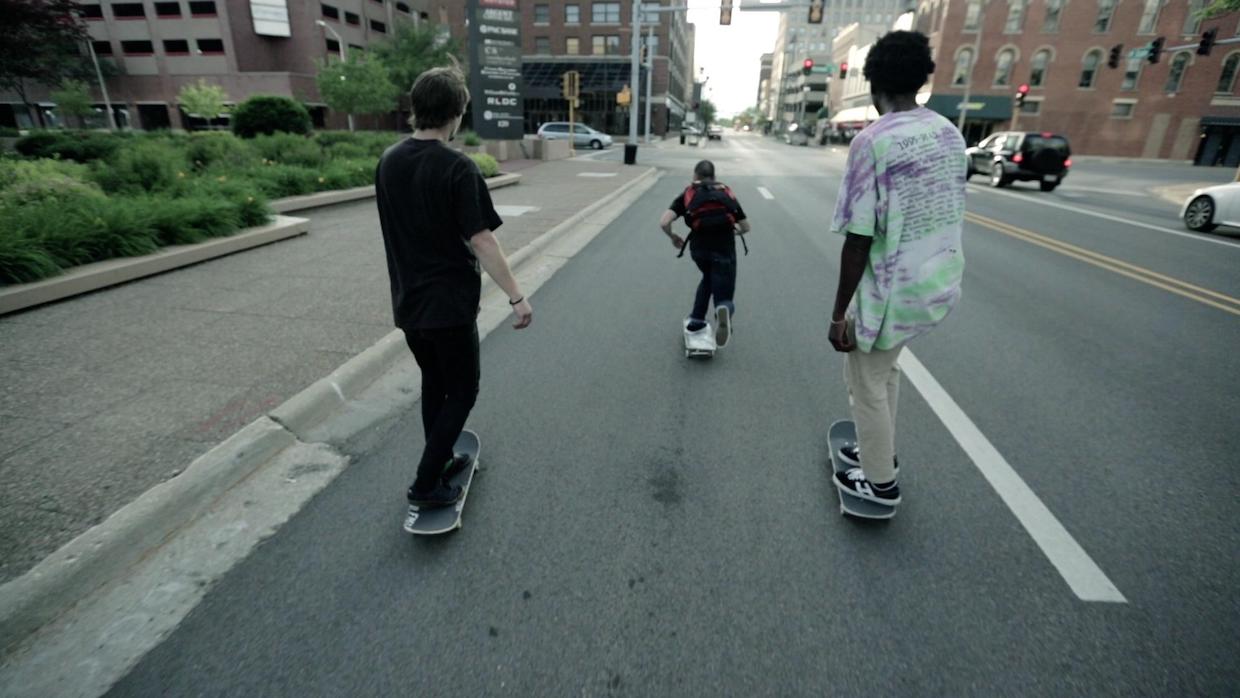
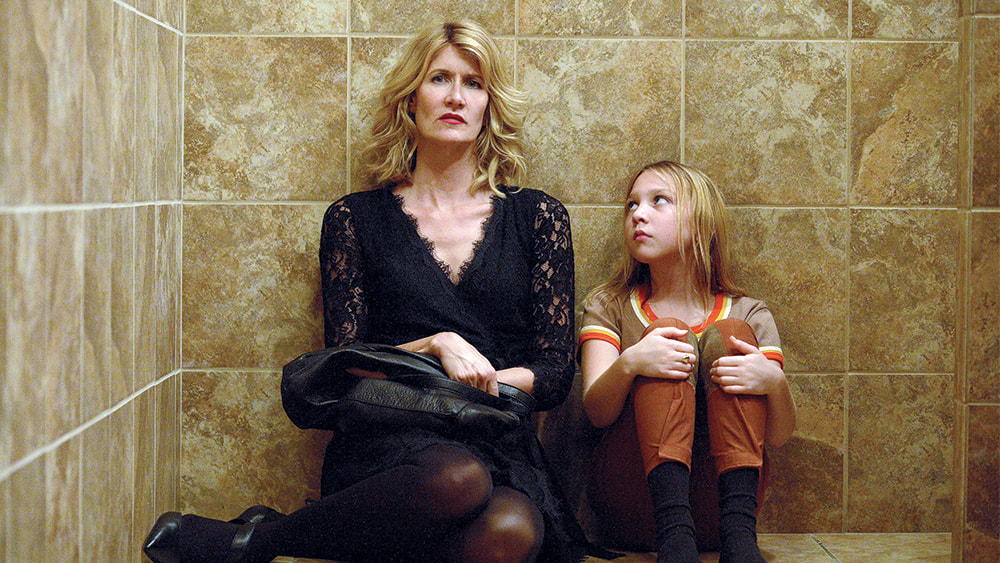
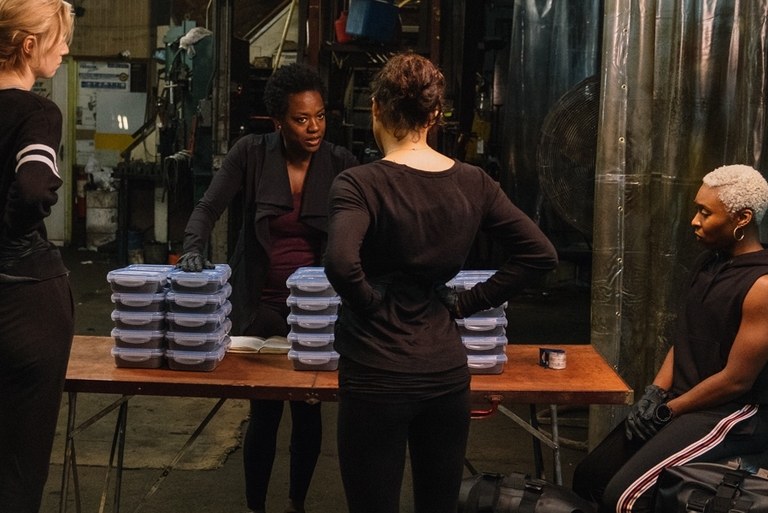
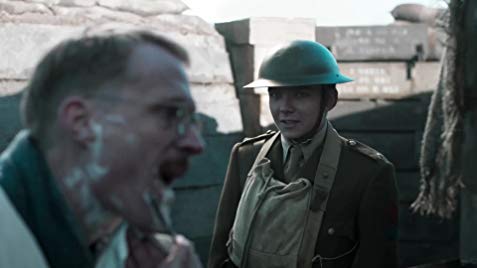
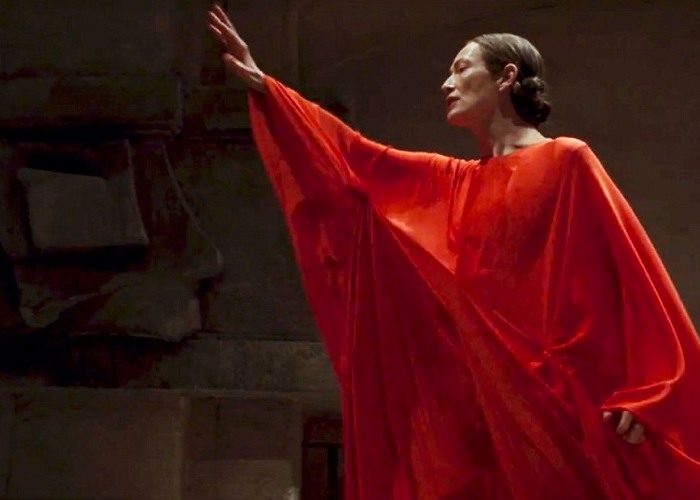
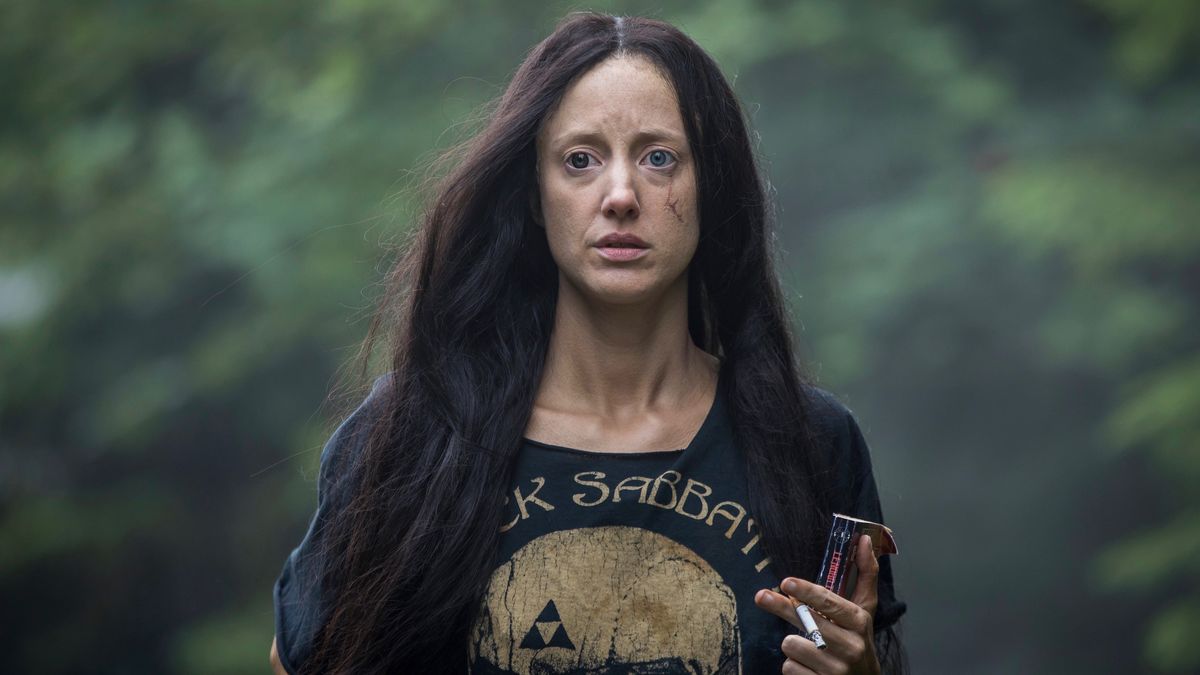
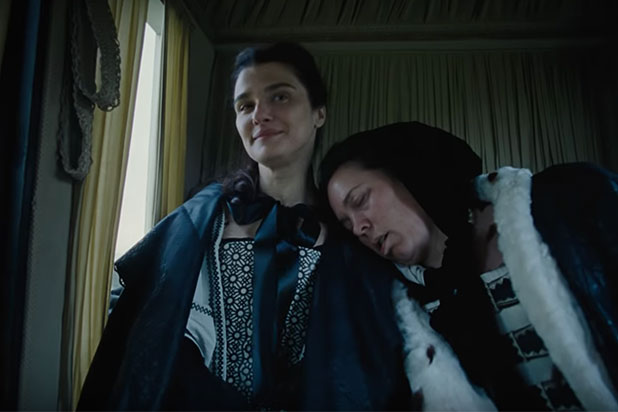
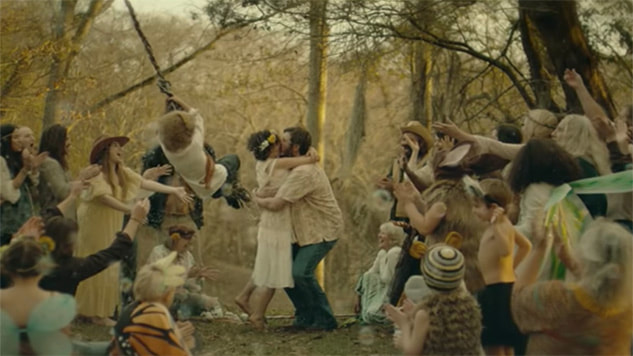
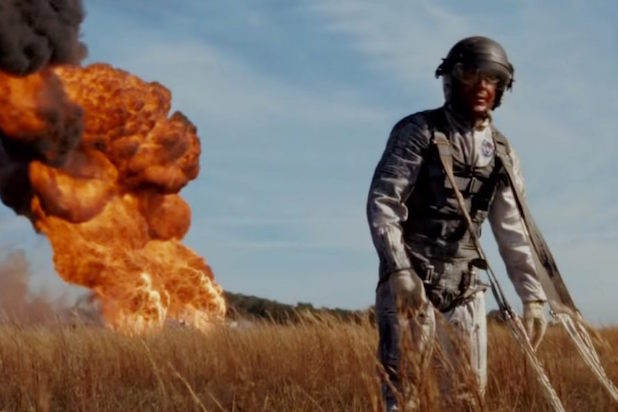
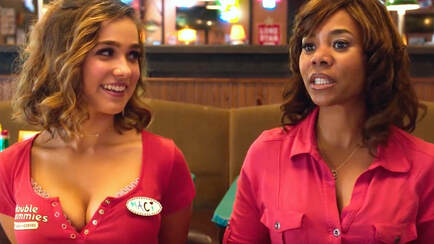
 RSS Feed
RSS Feed